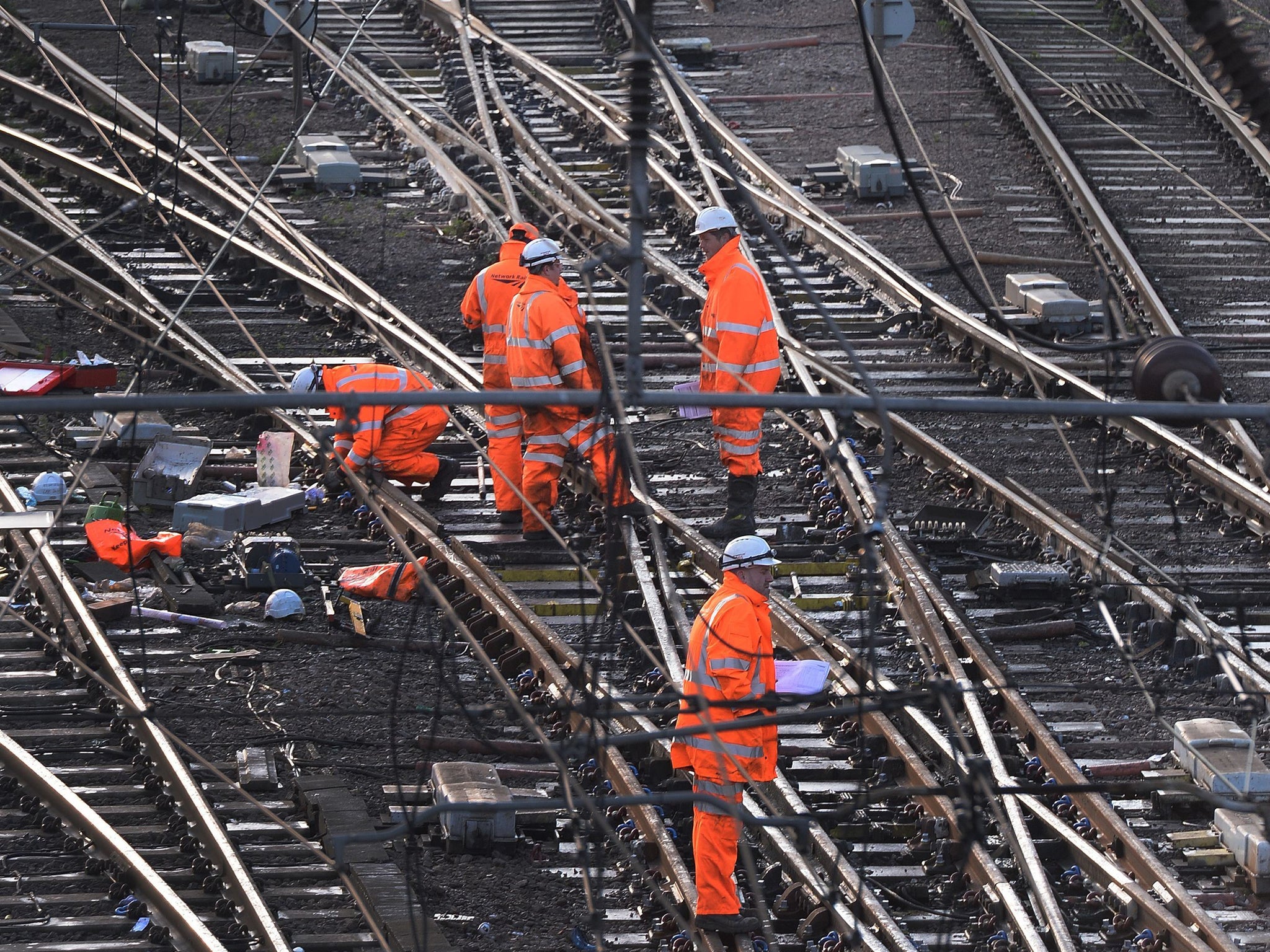Mark Leftly: If we're to boost rail industry exports, Britain must ditch its underdog attitude

Westminster Outlook The rail sector is, at £9.3bn a year and 212,000 jobs, a surprisingly large chunk of the UK economy, and the industry’s political and business influence is only set to grow with the country’s biggest revamp of major lines and stations in more than a century.
It is a bit disappointing to find, therefore, that only 10 per cent of railway equipment and manufacturing revenue comes from exports, against 20 per cent for the French and a whopping 50 per cent for those Teutonic titans of engineering in Germany.
Between 1984 and 2013, Japan received more than 17,000 rail patents, with China not far behind, while, at around 1,000, we were also outdone by the likes if South Korea, Canada and Australia.
The major parties agree that small and medium-sized manufacturers in this industry need a boost, which is why not one but two members of the Cabinet, Transport Secretary Patrick McLoughlin and Business Secretary Vince Cable, spoke this week at the launch of a strategy to more than double rail exports by 2025.
That is ambitious, and the newly formed Rail Supply Group, which comprises heavy hitters from permanent secretaries to top executives from the likes of Hitachi, Amey and Siemens, looks like a pretty serious outfit.
But, given we are trying to boost domestic industry, there should also be some effort to do the same at the top of engineering. Our biggest and best firms, such as WS Atkins and Arup, might do some clever engineering on diagonal pedestrian crossings and even big pieces of military kit, but too rarely are they in the frame for the major programme and project management roles.
The US giants, such as Bechtel and Aecom, are the firms that typically want these top jobs, managing everything from Crossrail to sewer revamps.
When I asked Cable about this, he replied that “historically it just hasn’t happened”, that our top engineers want to snare what could broadly be defined as the prime contractor role. It’s understandable: their balance sheets tend to be much smaller than their US cousins so typically they would, at their most ambitious, share the risk as part of a consortium.
But it’s still an attitude that politicians should try to change – one of the major problems in using these US groups is that they often fly in their best staff from home in fairly large numbers, which is costly to the UK government when they are working on public sector contracts. Moreover, if the US firms try to address the fundamental problem, that they don’t have enough sufficiently skilled staff in the UK, they will go out and buy smaller British engineers, as CH2M Hill did with Halcrow in 2011.
As well as boosting SMEs, we should be fostering a strategy to grow our biggest engineers, which are typically of FTSE-250 size, to lead on the biggest projects the Coalition has planned to help stimulate growth. We want our best and brightest to be competitors to these US giants, not their takeover targets.
Subscribe to Independent Premium to bookmark this article
Want to bookmark your favourite articles and stories to read or reference later? Start your Independent Premium subscription today.

Join our commenting forum
Join thought-provoking conversations, follow other Independent readers and see their replies